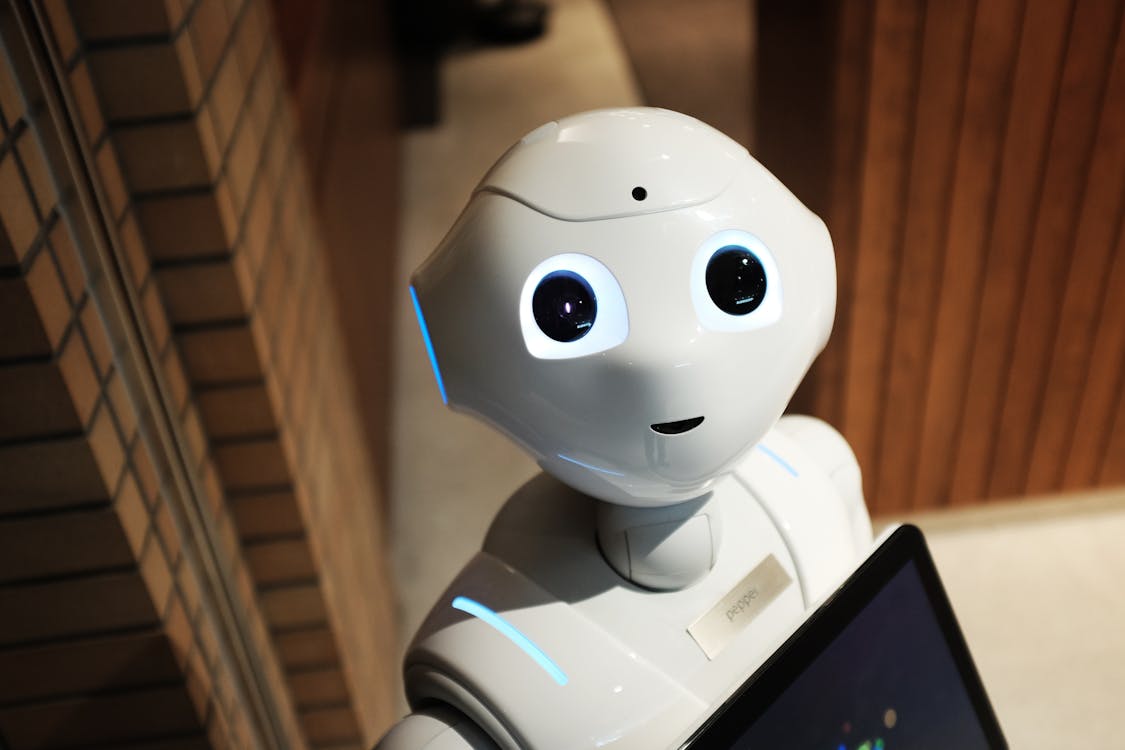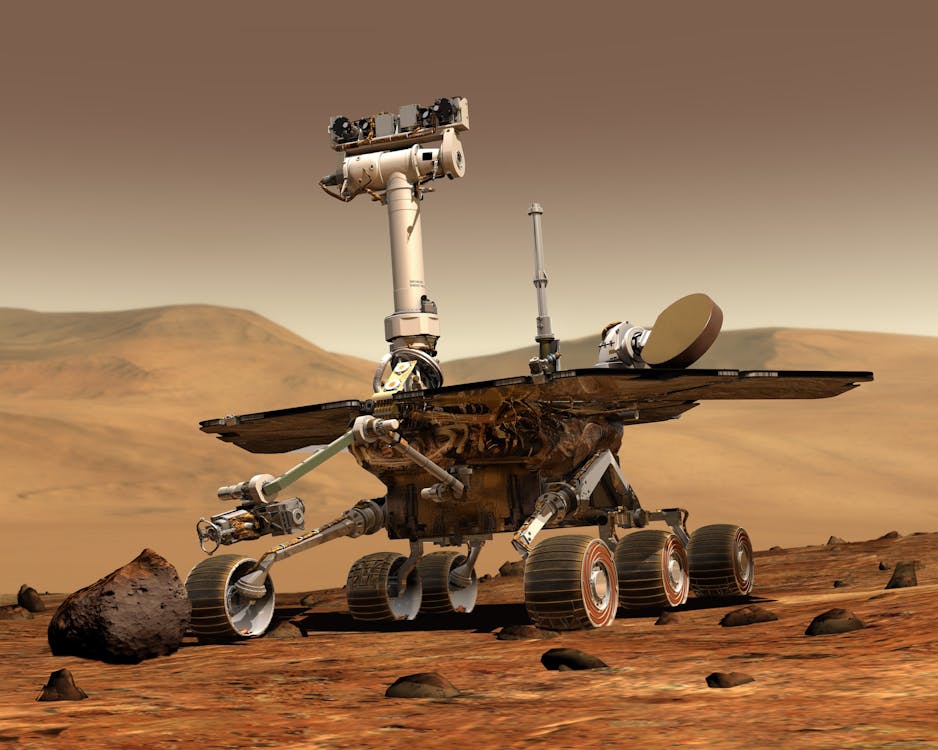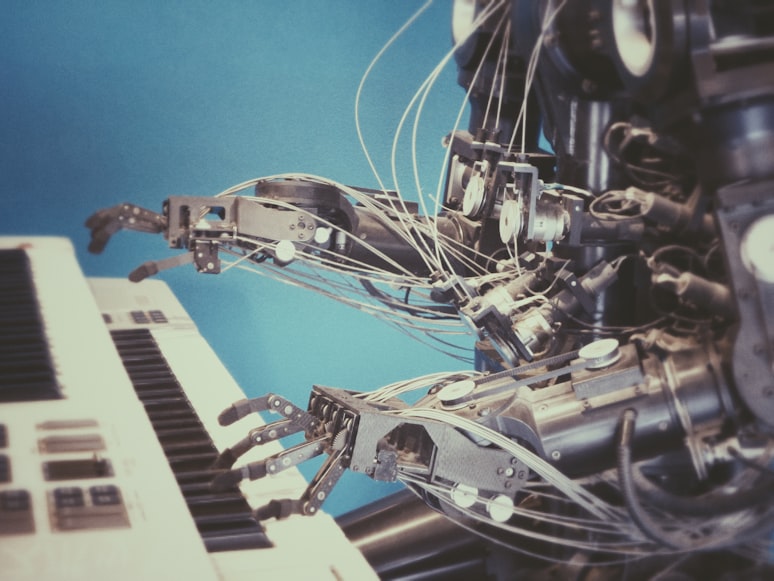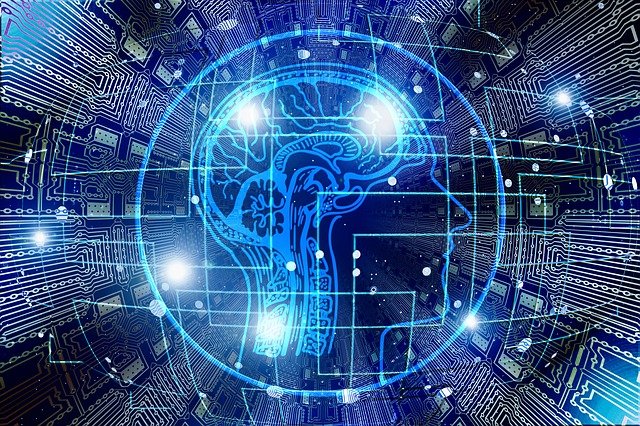
Artificial intelligence (AI) has been around since the 1950s, when John McCarthy coined the term artificial intelligence at Dartmouth College in Hanover, New Hampshire. Since then, AI has evolved greatly and become more of an everyday part of our lives than we might think – from the computers that help us find information online to virtual assistants like Siri on our smartphones to self-driving cars. Here are ten facts about artificial intelligence that you may not have known before, and that will hopefully inspire some innovative thinking in you!
1) AI is used to detect skin cancer

A recent study has shown that AI can be used to detect skin cancer with a high degree of accuracy. The study was conducted by a team of researchers from Stanford University and the University of Washington. The team used a dataset of over 100,000 images of skin lesions, which were then fed into a deep learning algorithm. The algorithm was able to correctly identify melanoma in 96% of cases and non-melanoma skin cancers in 98% of cases.
2) How Siri was born
In the early 2000s, a team of researchers at SRI International in Menlo Park, California, were working on a DARPA-funded project called CALO (Cognitive Assistant that Learns and Organizes). Part of the CALO project was to develop a virtual assistant, and Siri was born out of that work. The Siri team later left SRI and founded the company Siri Inc. in 2007. In 2010, Siri Inc. was acquired by Apple Inc., and Siri became the voice assistant we know today.
3) AI allowed humans to put a robot on Mars

In 1997, the Sojourner rover became the first robot to walk on Mars. The rover was controlled by AI, which allowed it to navigate the Martian surface. The success of the Sojourner rover led to the development of more advanced Mars rovers, such as the Spirit and Opportunity rovers.

4) Despite what we see in movies, it doesn’t need to be self-aware
One of the main goals of AI is to create machines that can learn and work on their own, without human intervention. This means that, contrary to popular belief, AI doesn’t need to be self-aware in order to function. In fact, many experts believe that self-awareness is something that may never be possible for machines.
5) Machine learning is more advanced than you think

- Machine learning is a subset of artificial intelligence that deals with the construction and study of algorithms that can learn from and make predictions on data.
- Machine learning is often used to build predictive models by extracting patterns from data sets.
- These models are then used to make predictions on new data sets, in order to achieve a desired outcome.
- Machine learning is a very powerful tool, and is becoming more and more widely used as it becomes more advanced.
6) Google Translate uses machine learning
- Google Translate uses machine learning to constantly improve its translations.
- The Google Translate app for Android and iOS uses neural machine translation, which means it translates whole sentences at a time, rather than piece by piece.
- Neural machine translation is more accurate than traditional translation methods, and it produces more natural-sounding translations.
- Google Translate’s neural machine translation system was built using TensorFlow, an open-source software library for machine learning.
7) IBM Watson learns continuously

IBM Watson is constantly learning and evolving. The more data it processes, the more it can learn and improve its performance. This makes it an invaluable tool for businesses and organizations that rely on data-driven decision making.
8) AI will become the most significant technology of our era
- AI is constantly evolving and becoming more sophisticated. Every day, there are new breakthroughs in AI that bring us closer to a future where machines can think and learn like humans.
- Despite its name, artificial intelligence is not actually all that new. The term was first coined in 1956 by computer scientist John McCarthy.
- AI has the potential to transform every industry, from healthcare to transportation to manufacturing.
9) AI can transform industries

- AI has the potential to transform industries by automating tasks, increasing efficiency and accuracy, and providing new insights through data analysis.
- For example, in the healthcare industry, AI can be used to improve patient care by providing doctors with real-time updates on a patient’s condition.
- AI can also be used in the financial industry to detect fraud and money laundering.
- In the manufacturing industry, AI can be used to improve quality control and reduce production costs.
10) The future is bright for AI startups

In the past few years, AI has become one of the most popular areas of investment for startups. This is because artificial intelligence has the potential to revolutionize nearly every industry, from healthcare to transportation.



